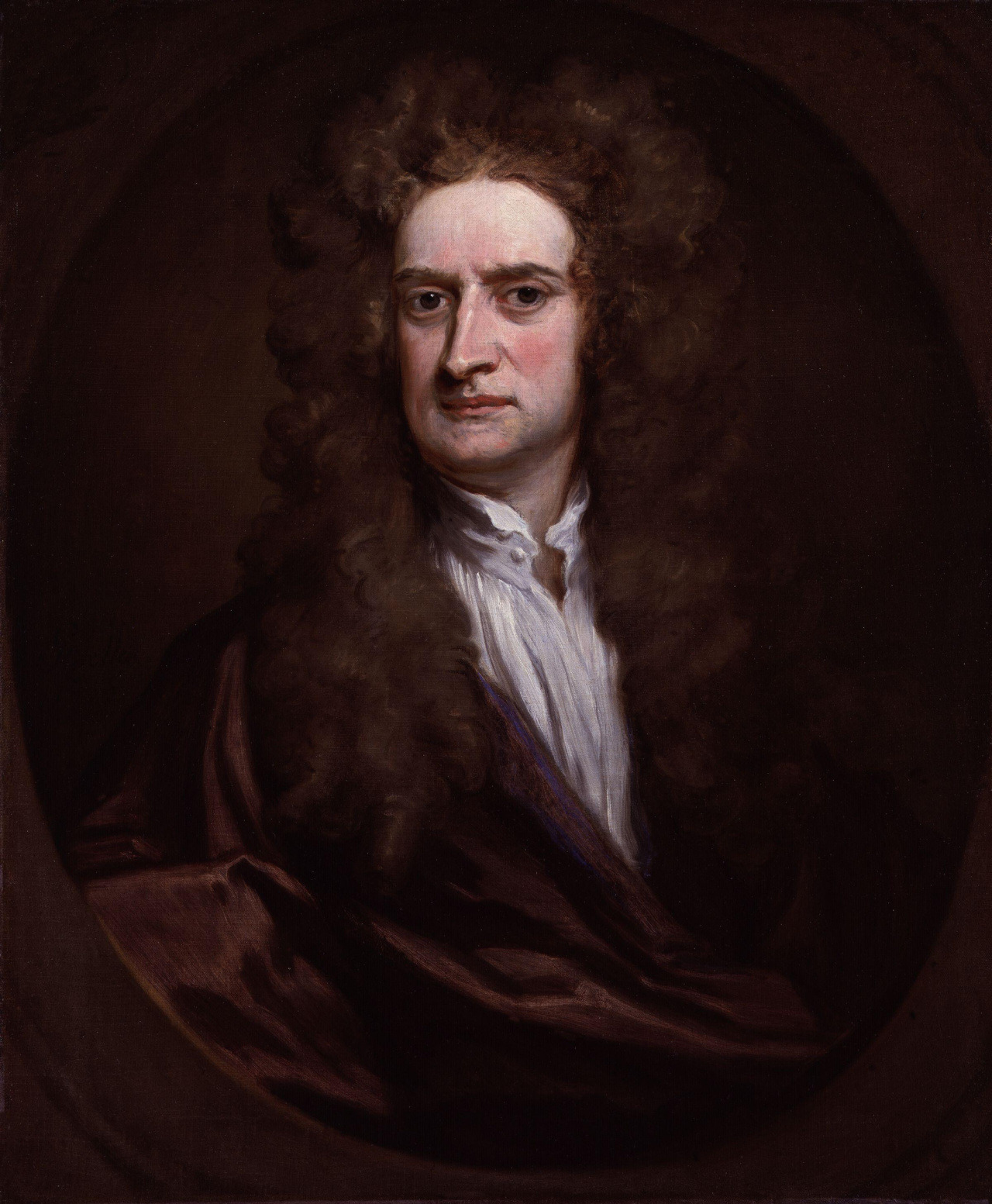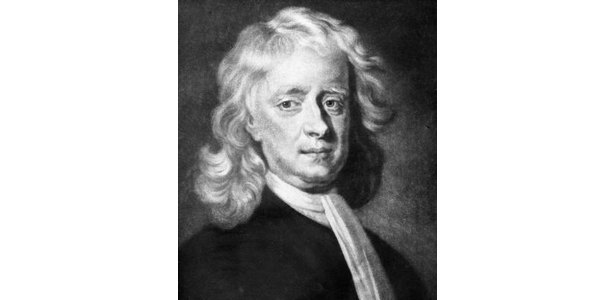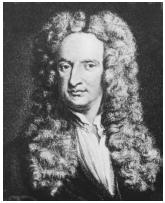Philosophiæ Naturalis Principia Mathematica
Philosophiæ Naturalis Principia Mathematica, Latin for "Mathematical Principles of Natural Philosophy", often referred to as simply the Principia, is a work in three books by Sir Isaac Newton, first published 5 July 1687. After annotating and correcting his personal copy of the first edition, Newton also published two further editions, in 1713 and 1726 The Principia states Newton's laws of motion, forming the foundation of classical mechanics, also Newton's law of universal gravitation, and a derivation of Kepler's laws of planetary motion (which Kepler first obtained empirically). The Principia is "justly regarded as one of the most important works in the history of science" In British institutions such as the Royal Society of London, representations of Isaac Newton and his work changed significantly in the century after his death, reflecting the shifting interests of elite natural philosophers and men of science. His international fame and the continuing relevance of the world system he and his followers erected meant that he was always used as a triumphant figurehead, but according to the intellectual circumstances subtly different aspects of Newtonianism were appropriated.
.jpg/250px-Sir_Isaac_Newton_(1643-1727).jpg)







No comments:
Post a Comment